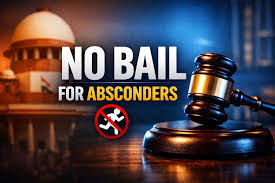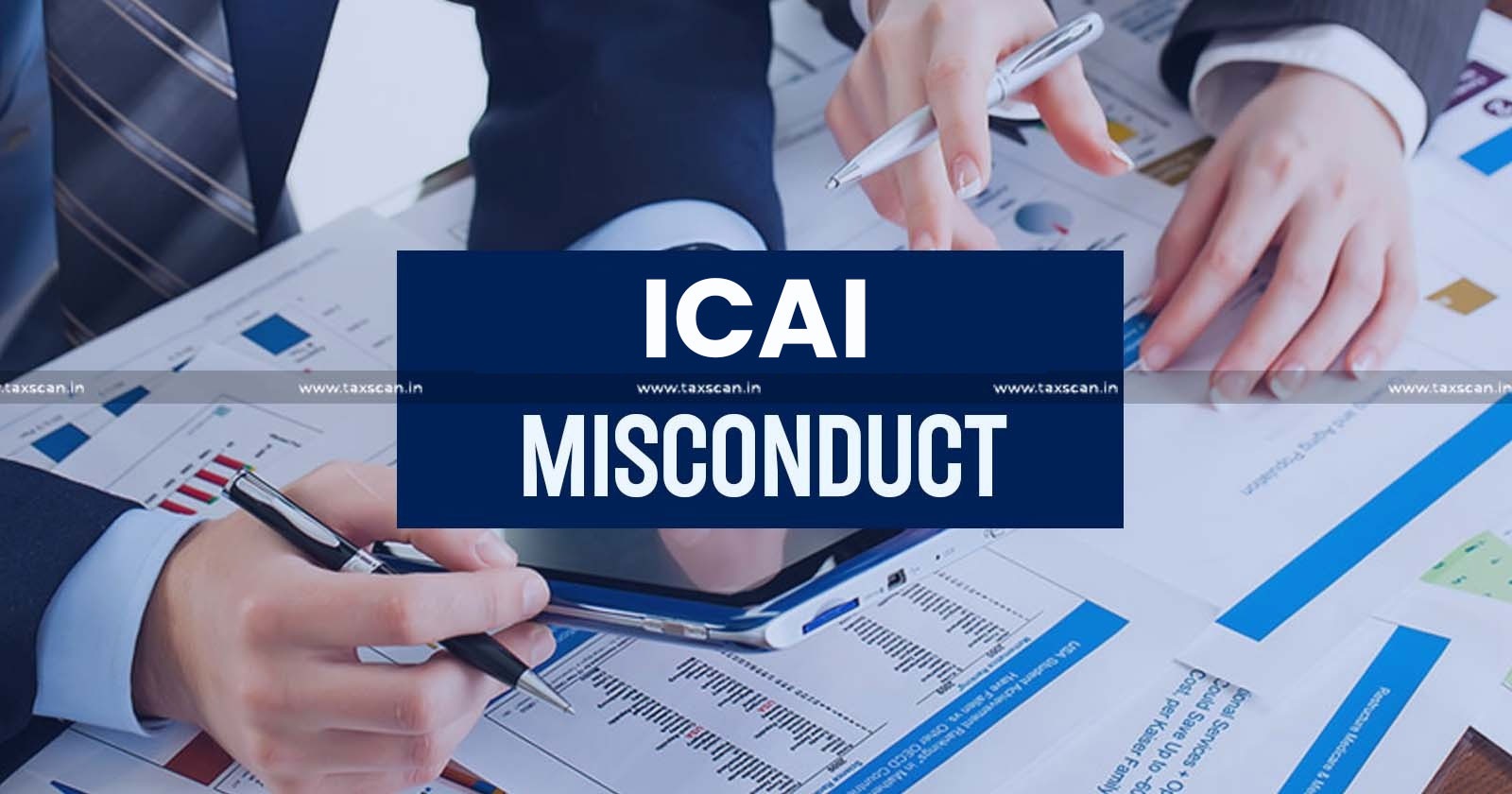@JUDGMENTTAG-ORDER
Dr. B.P. Saraf, J.@mdashBy this reference under s. 256(1) of the IT Act, 1961, the Tribunal has referred the following questions of law to this Court for opinion :
"1. Whether, on the facts and in the circumstances of the case, the Tribunal was justified in holding that the provision for gratuity has to be allowed as a deduction in computing business income of the assessee for the asst. yr. 1972- 73 ?
2. Whether, on the facts and in the circumstances of the case, the income, profits and gains of the assessee from the contract business should be assessed on accrual basis in a year when a particular contract is completed or in each accounting year on the basis of work- in-progress?
3. Whether, on the facts and in the circumstances of the case, the income, profits and gains of the assessee could properly be deduced from the method of accounting adopted by the assessee in showing the profit in a year when the contract was completed?"
2. It is agreed by the counsel for the parties that the first question is covered by the decision of this Court in Tata Iron & Steel Co. Ltd. vs. D.V. Bapat ITO (1975) 101 ITR 292 (Bom). Following the same, we answer the said question in the affirmative, i.e., in favour of the assessee and against the Revenue.
3. So far as the question Nos. 2 & 3 are concerned, the controversy therein pertains to the method of accounting followed by the assessee. The assessee is a contractor. He maintains his accounts in regard to the contract business. The method of accounting followed by the assessee for determining the income from business of contract was rejected by the ITO. The Tribunal, on consideration of the facts and circumstances of the case, came to a conclusion that the ITO was not justified in rejecting the method of accounting of the assessee and resorting to proviso to s. 145(1) of the Act.
4. The counsel for the parties are agreed that the same system is being followed by the assessee ever since the year 1972-73. It is also stated before us that the similar system followed by the assessee which is followed by the other assessees in the same line of business is accepted by the Revenue. It is also pointed out to us by the learned counsel for the assessee that in case of the assessee, the method of accounting followed by the assessee is being accepted from year to year thereafter also.
5. We have carefully considered the rival submissions. We find that the controversy in this case is basically a finding of fact which has to be decided by the authorities concerned on the facts and circumstances of each case. In the instant case, the Tribunal has come to a conclusion that the method of accounting followed by the assessee was correct and resort to s. 145(1) was not called for. We do not find any infirmity in the said finding. We, therefore, refuse to interfere with the same.
6. In that view of the matter, we answer the question No. 3 in the affirmative and in favour of the assessee. Having regard to the answer to question No. 3, question No. 2 need not be answered.
7. No order as to costs.

